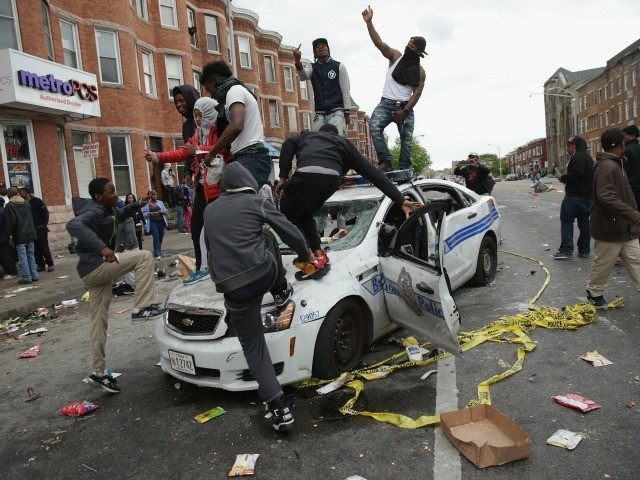Anyone who's against protests is against freedom of speech, simple as that. There's no middle ground.
So by your "logic", if someone shoots you to "protest" gun-control laws, you cannot be against this "protest" without being against free speech.
Now, of course, you will claim that they are going beyond a "protest", but that is the point. There is no clear objective definition of a "protest" other than one that includes any form of action taken to express disapproval of something, which would apply to my scenario above. Any "protest" that entails more than vocalizing a view is going beyond speech and thus going beyond and outside of what being for free-speech entails.
Blocking traffic is beyond speech. Intentionally trying to cause effects that inconvenience others is beyond speech. Thus, being against these actions is irrelevant to whether one is for or against free speech. In fact, some forms of protest, violate the underlying principle of free speech by creating a physical barrier (which includes a barrier of noise) designed to prevent others' speech from being heard by anyone who wants to hear it.
The underlying social principle of free speech is not limited to government restrictions. That is merely the limits of the First Amendment, which is only one limited application of the principle, and those try to equate the two are just being dishonest.
The principle applies to any situation where a person acts to make it impossible for another person to speak or for others to hear the speech, which is defacto the same thing and causes similar long term harm to all social, moral, and political progress.
The claim by many here that protest inherently entails causing an inconvenience to others is bullshit, especially when those inconvenienced have no direct association with what is being protested by are just random bystanders.
There are countless methods of protesting that do not entail such effects.
Any moral and rational person who supports free speech would not be blindly in favor of "protests", but rather in favor of some and against others, depending upon how their methods extend beyond speech to directly cause negative impacts upon other people (including other's speech) and who those other people are (e.g., are they the direct cause of the injustice being protested).


